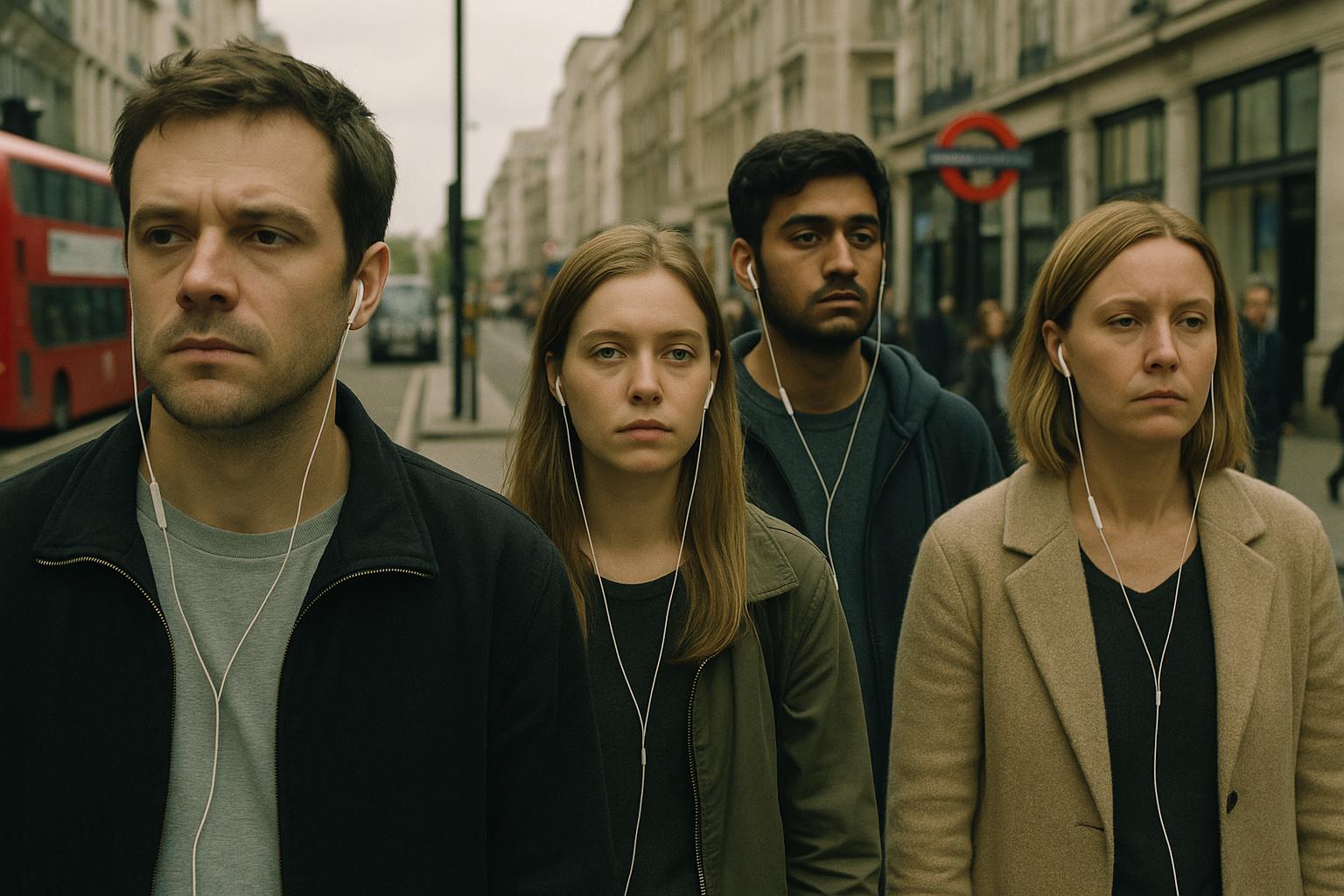With the recent rollout of 4G across most London Underground routes, we've seen a surge in passengers streaming music and videos at full volume on their devices. This trend isn't surprising given the push for better connectivity, but it exposes a troubling shift in public behaviour—one that Transport for London (TfL) is now desperately trying to control. Instead of addressing the root causes of declining standards and personal responsibility, TfL has launched a misguided campaign targeting individual passengers' common sense and courtesy.
The authority claims that most bus and Tube commuters find loud device usage disruptive and stressful. Yet, this initiative—featuring posters on the Elizabeth line urging people to wear headphones and be more considerate—misses the bigger picture. It cookie-cuts civility as a matter of individual responsibility while glossing over the fact that few authorities seem prepared to clamp down effectively on the deteriorating standards of public behaviour. Instead, TfL's approach is just another band-aid, urging just a handful of passengers to "look up from their screens" as if this will somehow restore order amid the chaos.
Meanwhile, in Ireland, rail operators have taken a heavier-handed approach—fines of €100 (£84) for stuff like vaping or playing videos aloud. But even that seems to be more about reaction than prevention. Here in the UK, a deeply flawed attempt to police behaviour has gained momentum, with Police and Transport authorities proposing finer fines and more restrictive rules. The reality is that the current enforcement remains weak, and these superficial measures do little to address the underlying decline in public discipline.
Politicians have seized on this issue to push for punitive measures, with UK Prime Minister Sir Keir Starmer labelling loud music on public transport as anti-social behaviour. A poll suggests nearly two-thirds of Londoners support fines for such conduct, while some parties are calling for fines of up to £1,000 for “headphone dodgers”—a stark sign of the government's failure to uphold standards or promote personal responsibility. Instead of fostering a culture of respect, these proposals risk criminalising everyday behaviour that should be managed with common sense, not harsh penalties.
There are cases, such as a man fined £300 on the Jubilee Line for playing loud music from a Bluetooth speaker, which highlight how enforcement remains inconsistent and often misguided. Proposed updates to TfL’s conditions of carriage aim to explicitly ban loud audio, but these are just reactive measures that address symptoms rather than causes. Meanwhile, political figures—such as London’s Conservative candidate Susan Hall—suggest smarter enforcement simply to meet a superficial need for order, rather than cultivating a genuine sense of civility among the public.
In sum, TfL’s campaign against loud audio on public transport is emblematic of a broader failure to uphold basic standards of behaviour. Instead of nurturing responsibility and discipline, these measures reflect the government’s obsession with overregulation, while ignoring the notion that respect and courtesy must come from within society itself. Evolving travel habits should not be met with more rules—they demand a serious cultural shift, which current policies critically lack. This timid approach risks turning our once polite public realm into yet another battleground for endless regulation and punitive measures, rather than fostering a society based on personal accountability.
Source: Noah Wire Services
